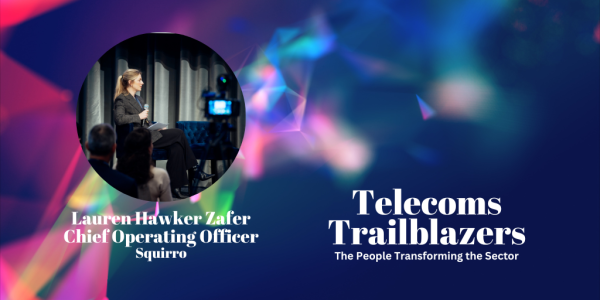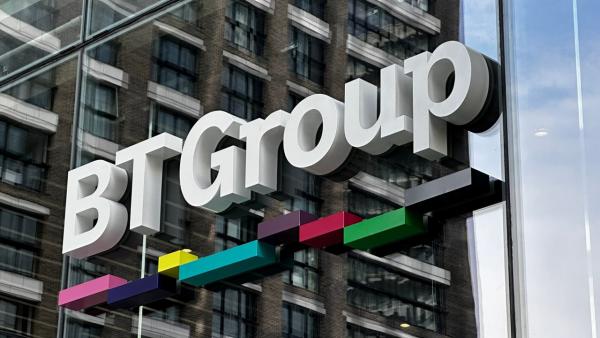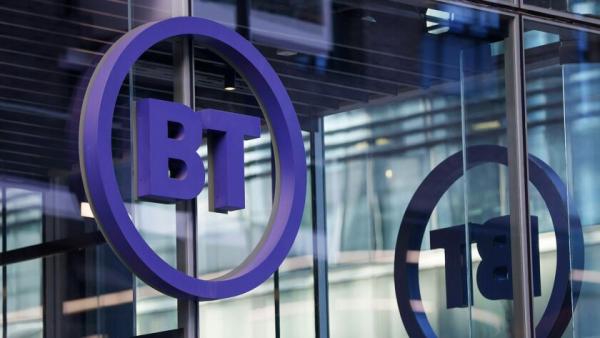Image

The ARI-5G project core focus was on implementing, testing, and demonstrating an open standards-based RAN Intelligent Controller (RIC) platform and developing innovative applications for four crucial use cases.
- DSIT funding:
- Partner funding:
- Project dates: 01/01/2022 - 31/03/2024
- Locations: Newbury, Ipswich, London, Cambridge, Birmingham and Stevenage
- Project Partners: Telecom Infra Project TIP (lead), Acceleran, Amdocs, Attocore, British Telecommunications Plc, VIAVI.
The ARI-5G project brought together an impressive consortium of industry leaders, each contributing their unique expertise:
- Telecoms Infra Project (TIP): Leading the consortium, TIP's role was to promote the development of open standards networks.
- Accelleran: Provided the RIC platform and led the development of energy management solutions.
- Amdocs: Focused on developing applications for coverage and capacity optimization, as well as massive MIMO spectral efficiency.
- Attocore: Delivered and integrated the 5G core network.
- BT: Offered laboratory test facilities at its R&D center in Adastral Park.
- VIAVI Solutions: Supplied network simulation software and led the interference management application development.
Key Highlights and Learnings
- 5G Capacity and Coverage Optimisation: Applications were developed to maximize network coverage and ensure capacity availability in needed locations and times.
- Interference Management: Innovative solutions were created to minimise interference between different radio cells, enhancing overall network performance.
- Massive MIMO Spectral Efficiency: The team developed applications to optimise the direction and shapes of antenna beams, maximising capacity and minimising interference using massive MIMO technology.
- Energy Management: Dynamic power management solutions were implemented, allowing for the switch-off of power-intensive components during low network load times, promoting energy efficiency.
The project underscored the potential benefits of the Open RAN architecture, which allows applications developed by different developers to run on a common platform, increasing competition and choice for network operators.
Next Steps and Future Plans
- Looking ahead, the ARI-5G project laid a strong foundation for further innovations. The follow-on project, ARIANE, has been awarded funding through DSIT and is building on ARI-5G’s success by testing the impact of multiple applications running simultaneously on a multi-RIC environment. This next phase is also being led by TIP and includes several ARI-5G consortium members alongside new organisations.
- Commercialisation opportunities are promising, particularly for mobile operators in emerging markets who are likely to benefit from the energy management and coverage optimisation applications.









